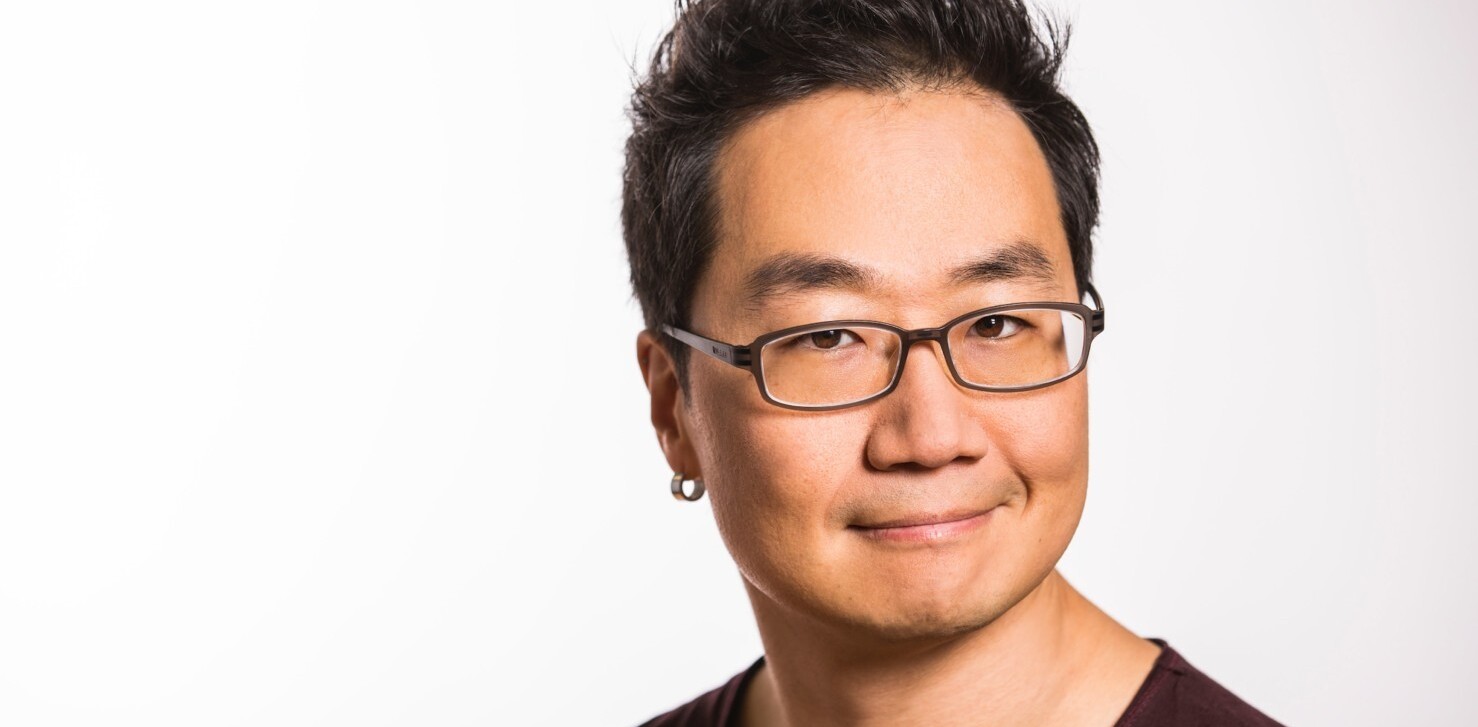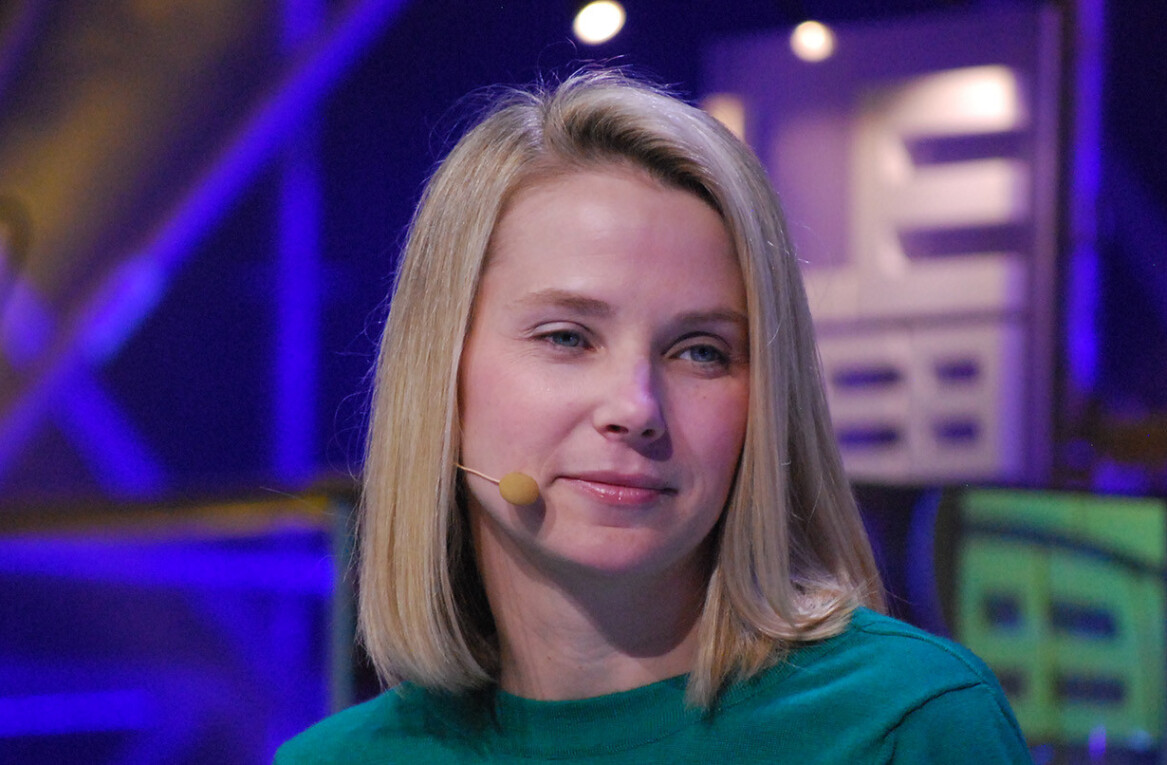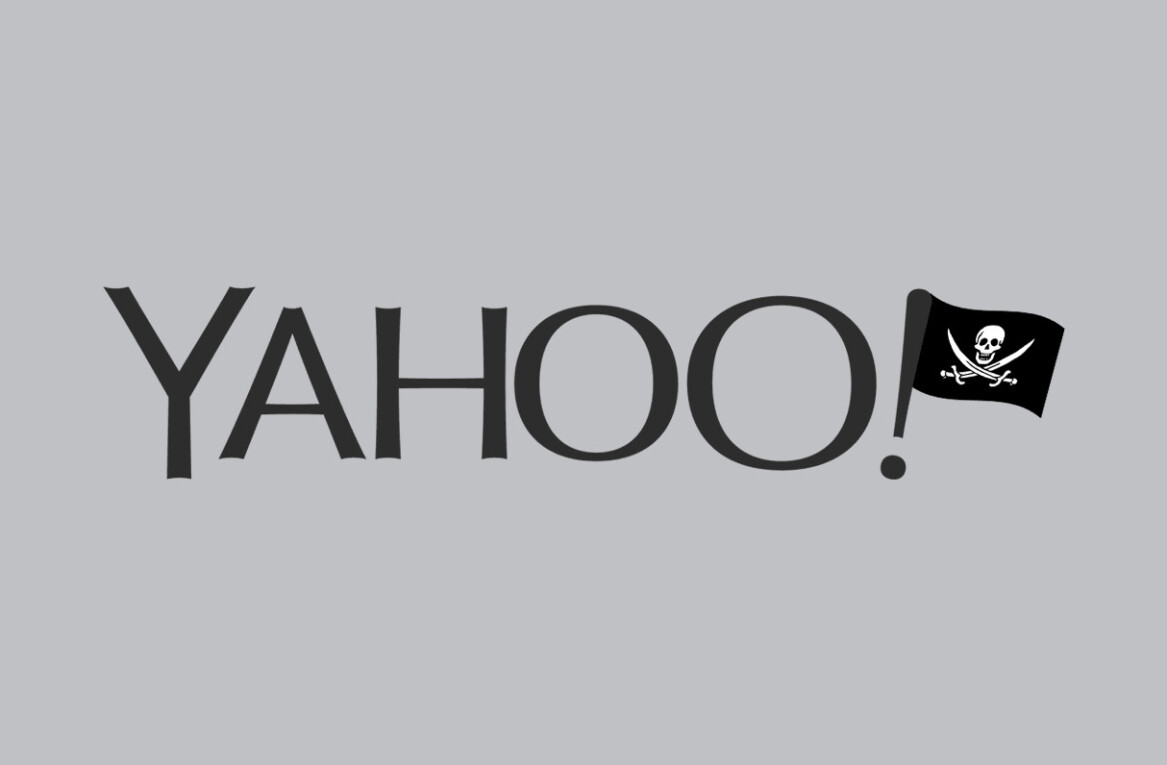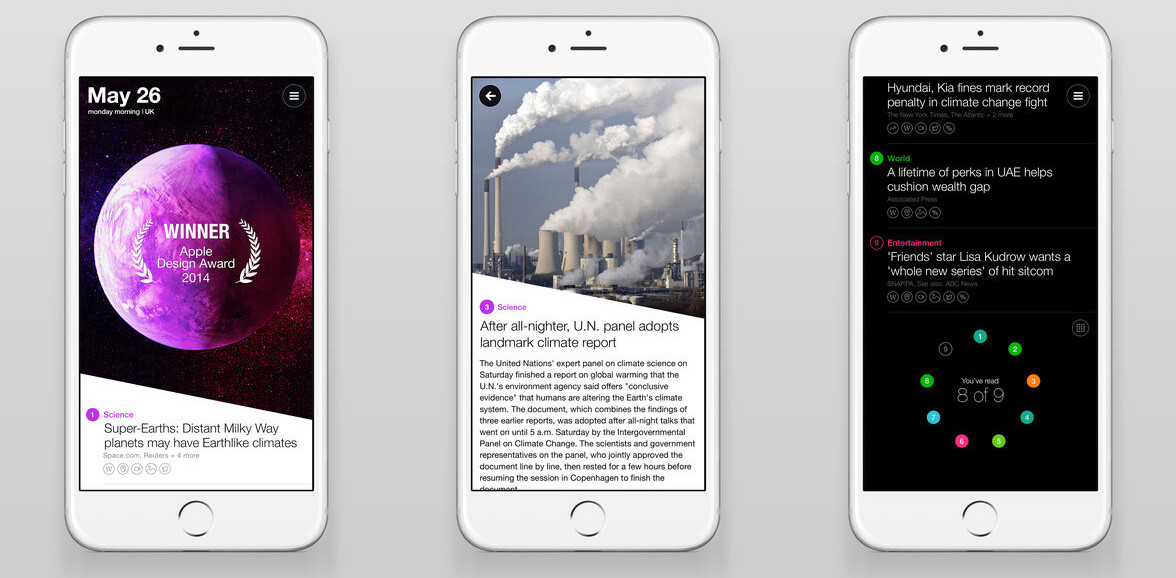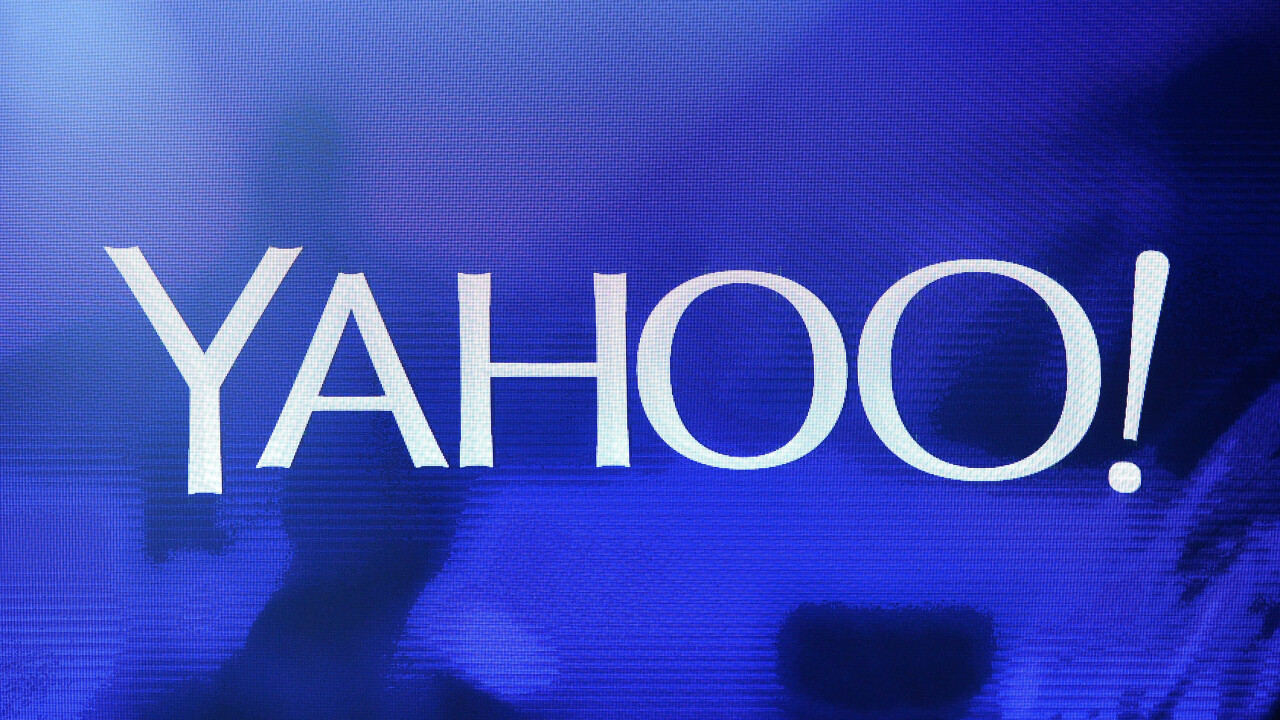
The British intelligence agency GCHQ collected images from webcam conversations conducted with Yahoo services, the Guardian reports. With support from the National Security Agency (NSA), a program known as Optic Nerve meant that GCHQ was collecting and storing this data in large quantities, even if the user wasn’t an identified suspect for surveillance.
The program was uncovered through documents leaked to the Guardian by NSA whistleblower Edward Snowden, dated between 2008 and 2010. The newspaper reports that during a six-month period in 2008, GCHQ took webcam images from over 1.8 million Yahoo accounts across the globe. Otherwise, the scale of the operation or the number of people affected is unknown.
It’s also unclear whether Optic Nerve is still active. According to the Guardian, the files handed over by Snowden show that the initiative began as a prototype in 2008. The report then refers to an internal GCHQ wiki page, accessed in 2012, which suggested that the project was still going in one form or another.
“It is a longstanding policy that we do not comment on intelligence matter,” a spokesperson for GCHQ told TNW. “Furthermore, all of GCHQ’s work is carried out in accordance with a strict legal and policy framework which ensures that our activities are authorised, necessary and proportionate, and that there is rigorous oversight, including from the Secretary of State, the Interception and Intelligence Services Commissioners and the Parliamentary Intelligence and Security Committee.
“All our operational processes rigorously support this position.”
According to the Guardian, the webcam calls intercepted by GCHQ weren’t stored as raw video footage. It believes the British intelligence only captured one image every five minutes, in order to ensure the collection of data was manageable for GCHQ’s own servers.
“We were not aware of nor would we condone this reported activity,” a Yahoo spokesperson told TNW. “This report, if true, represents a whole new level of violation of our users’ privacy that is completely unacceptable and we strongly call on the world’s governments to reform surveillance law consistent with the principles we outlined in December.
“We are committed to preserving our users’ trust and security and continue our efforts to expand encryption across all of our services.”
Yahoo also understands that the webcam images referred to in the Guardian’s report include video calls that were conducted via Yahoo Messenger.
UPDATE: The Internet Association, made up of companies including Yahoo itself, Google, Facebook, eBay and Amazon among others, has issued a statement denouncing the violation of privacy by GCHQ.
Today’s revelations, about British intelligence practices, are alarming and reaffirm the need for greater transparency and reform of government surveillance. Governments must immediately act to reform the practices and laws regulating surveillance and collection of Internet users’ information. The most pressing Internet user privacy issue continues to concern governments’ access to and use of electronic data. The Internet Association supports the Reform Government Surveillance principles and encourages legislation to limit governments’ authority to collect users’ information and increase transparency about government demands.
Read Next: Britain’s spy agency GCHQ reportedly taps the fiber-optic cables of the Internet en masse just as the NSA does / Obama reforms US surveillance work, seeks alternative to domestic phone metadata program by April
➤ UK spy agency intercepted webcam images of millions of Yahoo users (The Guardian)
Image Credit: Ethan Miller/Getty Images
Get the TNW newsletter
Get the most important tech news in your inbox each week.
